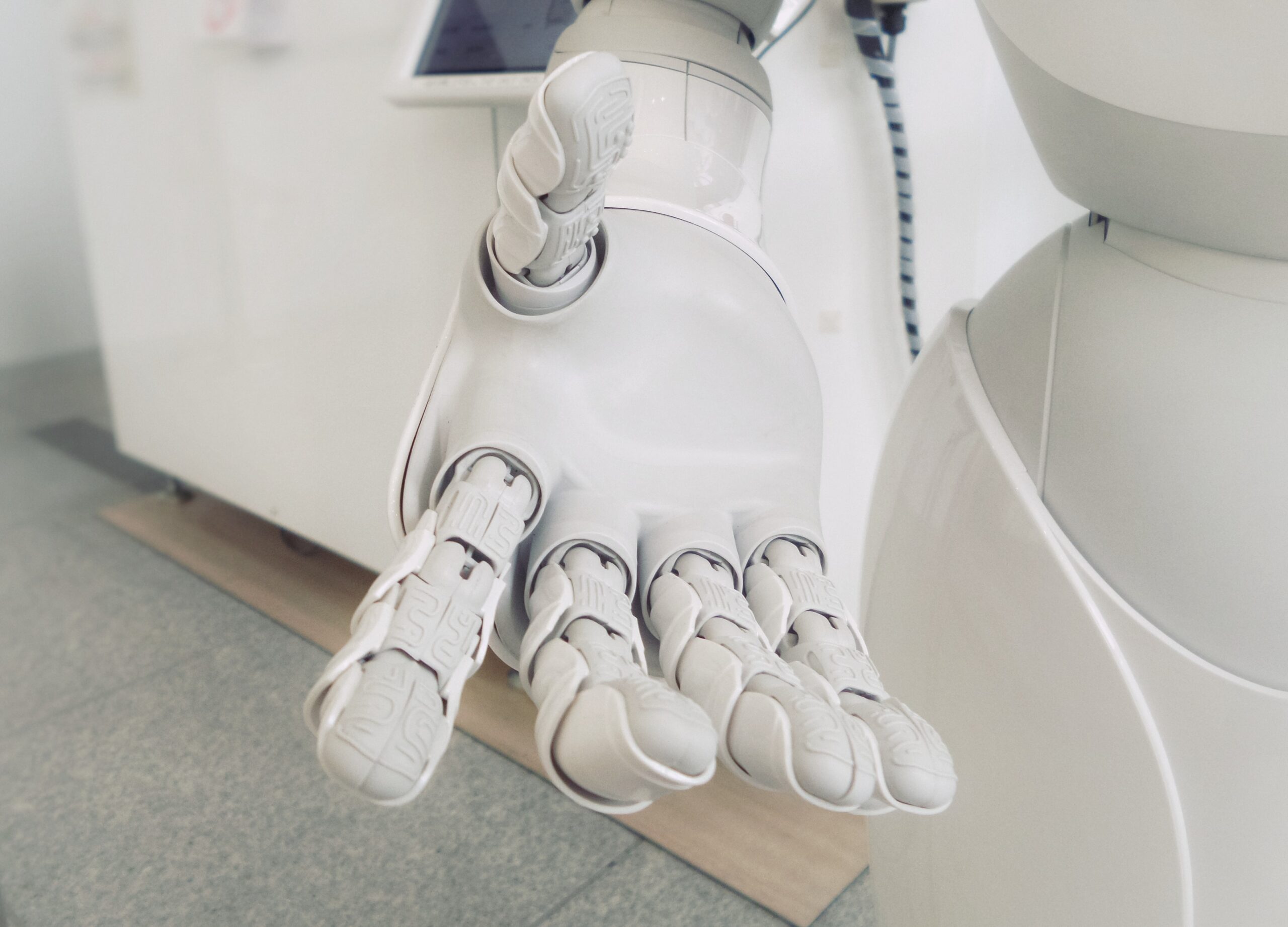The coming of transhumanism
Doctors have used technology to repair or improve human bodies for decades, and this has been uncontroversial. However, soon the technology will be available to be stronger, to better resist illnesses, and to live longer. This voluntary transhumanism is different – and it will become controversial. Should we do everything that we technically could? Is it right? Will it be only for the rich? Are we playing god? These are questions that we need to start exploring. Rena Seiler recently tackled the topic in a paper entitled “Transhumanism – the vision of the technological evolution of humans” at the Institute for Digital Business of HWZ University Zurich. You can read the English version here, or her original article in German here. Rena argues that this technology is being developed no matter what and that we as a society must seize the opportunity of the early stage to discuss the use of transhumanism. Otherwise, there is a risk that the technology will be exploited for selfish personal and strictly commercial reasons, which will exclude many from …


